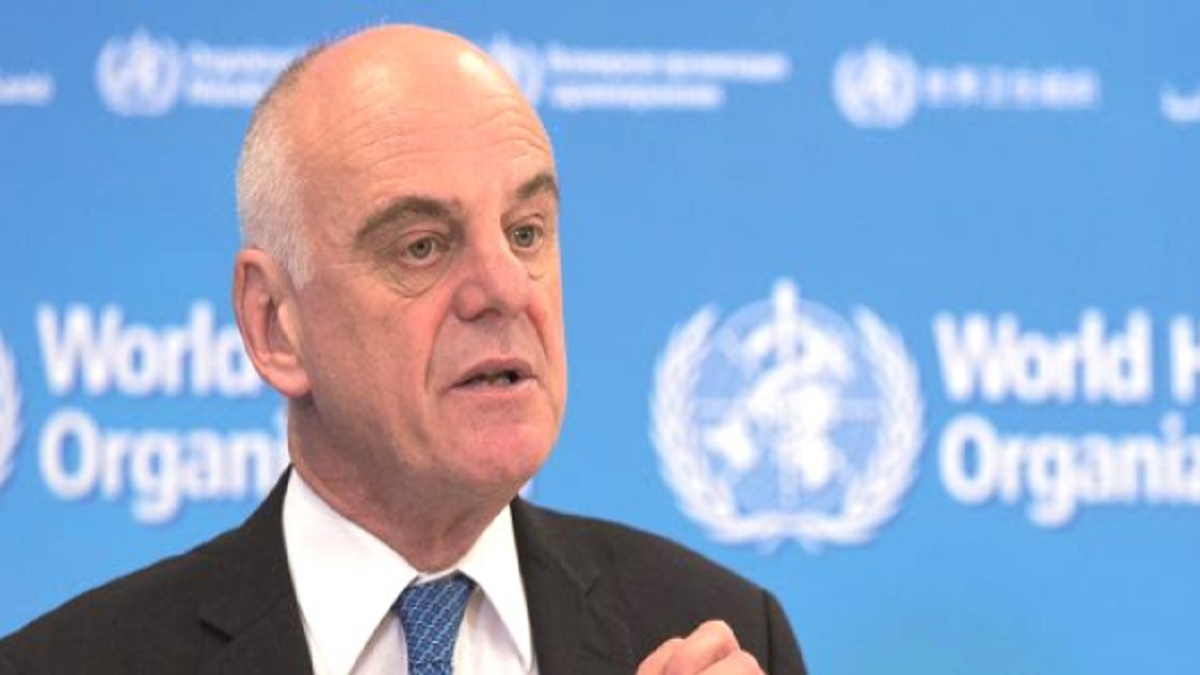
Q. Do you think Covid-19 is airborne?
A. It is primarily dropletborne and most droplets do not travel further than one metre. There is a possibility that in some settings, very small droplets may carry virus further than a metre with transmission being described as airborne. WHO considers that this is not the primary mode of transmission.
Q. Covid-19 cases in India are rising rapidly and have crossed the 10 lakh mark. What can be done to control the situation?
A. The important thing is to establish basic health infrastructure that can identify and isolate people with Covid. The people and government must maintain efforts to build this capacity everywhere. It is a difficult time. The authorities need data on where the virus is being transmitted to focus containment efforts where they are most needed. The performance of this Covid response is key to determine whether the levels of infection will continue to increase in India. The constant defence against transmission and the buildup of outbreaks is key. It is a continuous process. Detect cases, isolate, trace contacts and isolate them. This is the most effective method to control the spread.
Q. What lessons the world needs to learn from Covid-19?
A. There are lessons to be learned from our experiences of tackling Covid-19 so far. First, the command-andcontrol approach so often favoured in crisis response has to be modified when it comes to encouraging Covid readiness. There is a need for clear and well-communicated strategic principles, modified in light of new evidence. This should be accompanied by guidance on how the principles can be adapted so they enable all stakeholders to work out for themselves and how they can best contribute to the response in their own localities. Second, those responsible for managing responses should take advantage of opportunities. They have to “convene, coordinate, curate and communicate”. When these elements are prioritised, power and authority at the local level are used to their best effect. We offer four suggestions on how this can be done: